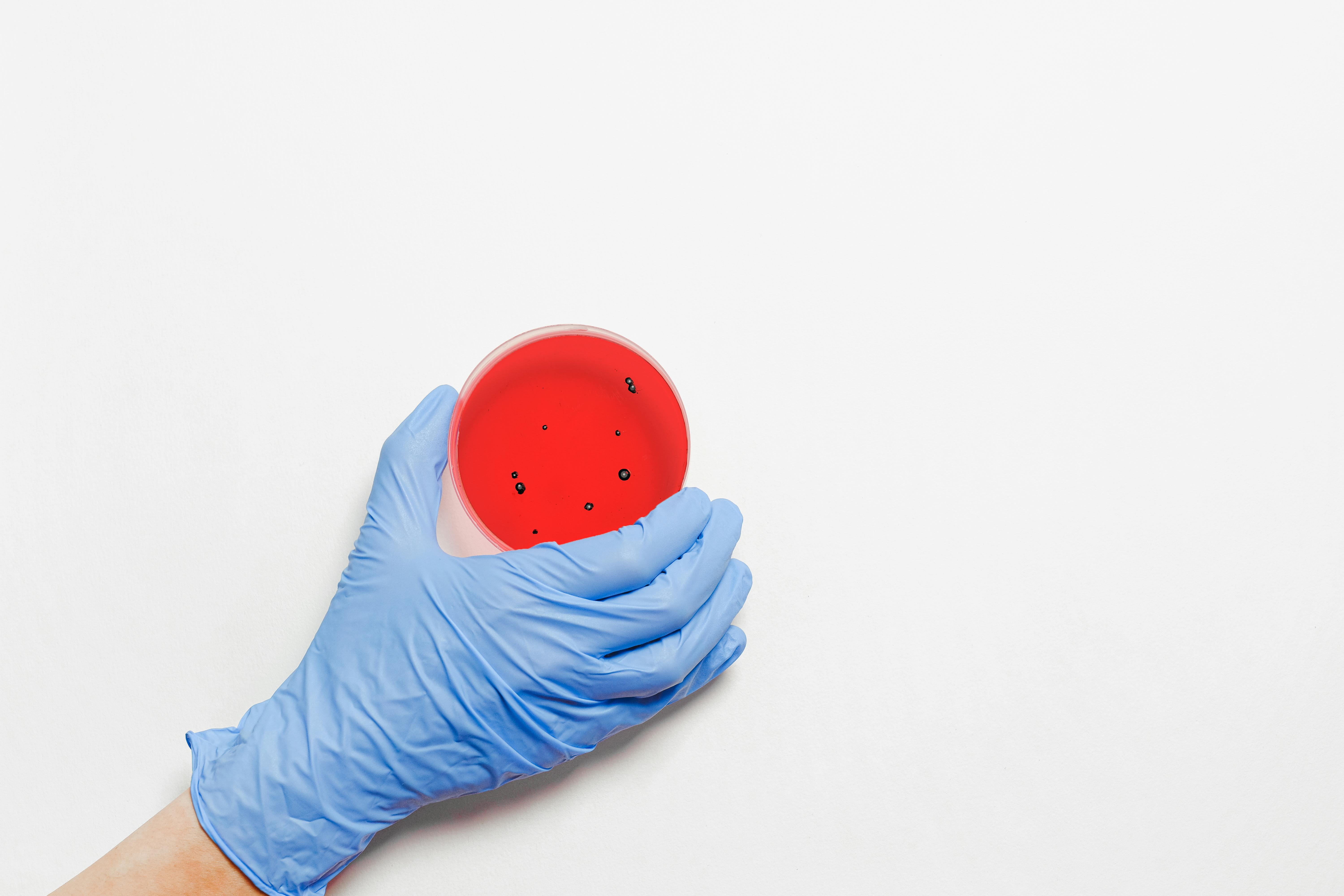How to treat hemorrhoids or piles
Piles or hemorrhoids are painful, but they usually go away in a few days. As hemorrhoids can be repetitive, it is better to know about these hemorrhoid treatments to reduce the itchiness and discomfort of hemorrhoids.
1. Self care with dietary changes
Constipation is one of the main causes of hemorrhoids and can be controlled and prevented by keeping your stool soft and regular. Include fruits, vegetables, cereals, and whole grain breads in your diet to increase your fiber intake.
Drink as much water as possible and avoid or limit your caffeine intake.
Avoid straining to have a bowel movement as it only makes your hemorrhoids worse. If you are constipated, taking laxatives helps empty your intestines.
After having a bowel movement, use moist toilet paper or baby wipes to dry your bottom instead of dry toilet paper.
Do not hold back or wait for the urge to subside if you feel the urge to have a bowel movement. It hardens the stool, which further inflames the hemorrhoids.
A warm bath reduces pain and increases blood flow to reduce the size of swollen veins. If you can’t take a full bath, at least sit in about 8 cm of warm water for a few minutes, several times a day, especially after a bowel movement.
2. Medicine
There are several over-the-counter medications, such as creams, ointments, and suppositories, that you can apply to your butt to relieve hemorrhoids. Use only for 5-7 days at a time, as prolonged use can irritate the sensitive skin of the anus. Do not use more than one product at a time.
Corticosteroid cream that contains steroids can treat severe inflammation in and around the bottom. Do not use for more than a week, as it can thin the skin around the anus and make irritation worse.
While common pain relievers such as acetaminophen ease the pain of hemorrhoids, avoid codeine pain relievers as they can cause constipation. Products with local anesthetics are effective treatments for hemorrhoids. Only wear them for a few days as the skin around your anus is quite sensitive.
3. Non-Surgical Hemorrhoid Treatments
Bandaging and sclerotherapy are suggested if hemorrhoids develop above the dental line. Banding involves firmly tying an elastic band around the base of the hemorrhoid to cut off the blood supply. The hemorrhoids then fall off in a week.
This is a day procedure performed without anesthesia where you can return to your normal activities the next day. There may be some pain and discomfort for a day or two that can be alleviated with normal pain relievers.
You won’t know when your hemorrhoids will fall off, as they will pass out when you go to the bathroom, which is indicated by the discharge of mucus within a week of the procedure. While some blood on the toilet paper after a bowel movement is normal, there shouldn’t be excessive bleeding. If there is, consult your doctor immediately.
Sclerotherapy involves injecting a chemical solution into the blood vessels of the anal canal to relieve pain by numbing the nerve endings. The injection hardens the hemorrhoidal tissue to form a scar that fades after 4 to 6 weeks.
It is best to avoid strenuous exercise for a day after the injection. While there may be some mild pain and some bleeding, you can resume your normal activities and work within a day after the injection.
4. infrared coagulation
This involves using infrared lights to burn the hemorrhoid tissue and cut off the blood supply. The procedure can also be performed with electrical current and is called diathermy or electrotherapy.
5. Surgery
10% of cases may require surgery for the treatment of hemorrhoids. Surgery is performed under anesthesia on hemorrhoids developed below the dental line. While there are several surgical options available, they usually involve removing the hemorrhoids or reducing their blood supply and shrinking them.
One or a few of these hemorrhoid treatment options may offer relief and help from the pain, discomfort, and swelling of hemorrhoids. If home care and over-the-counter treatments don’t work, see your doctor about your surgical options.
